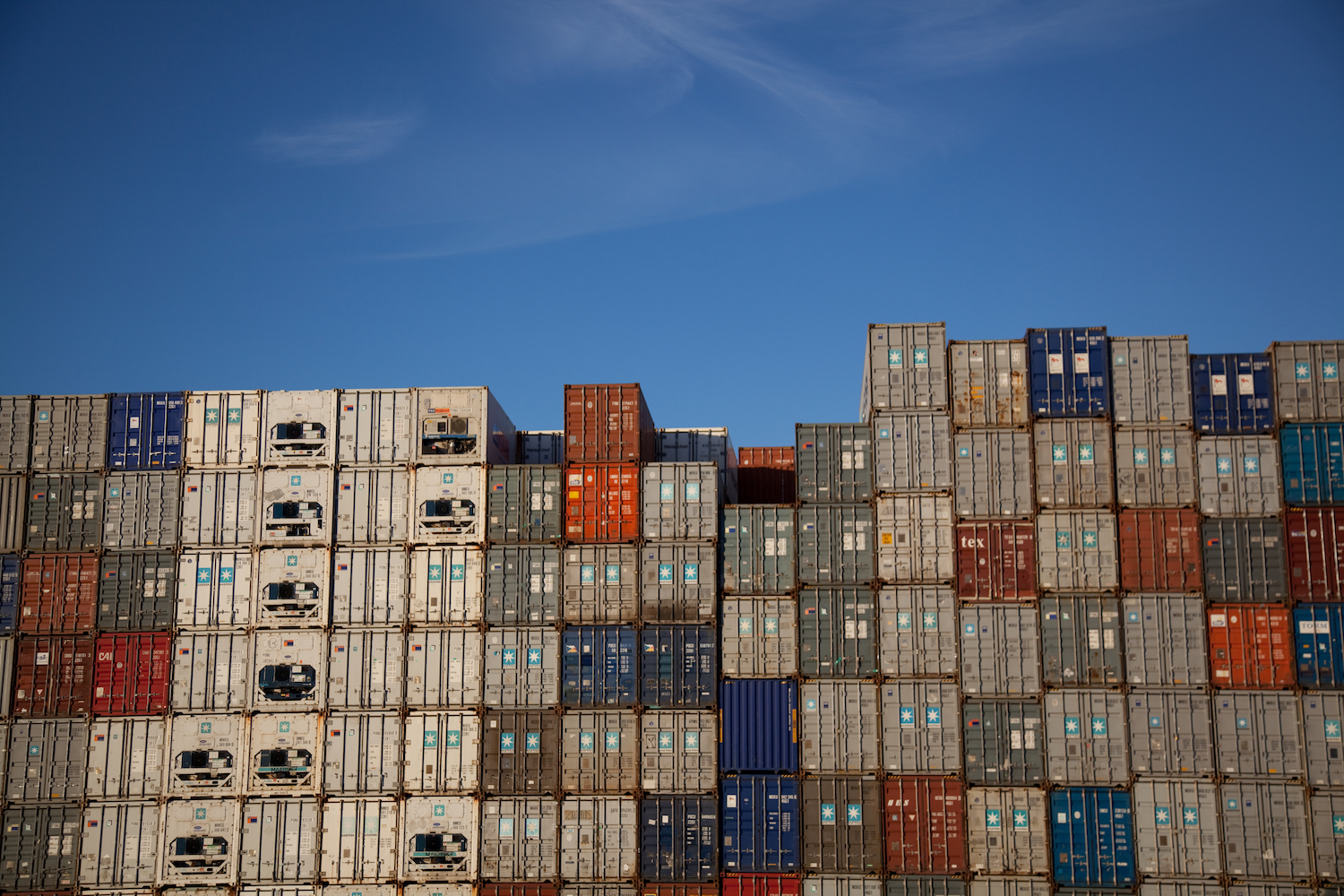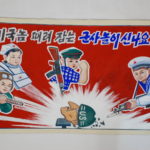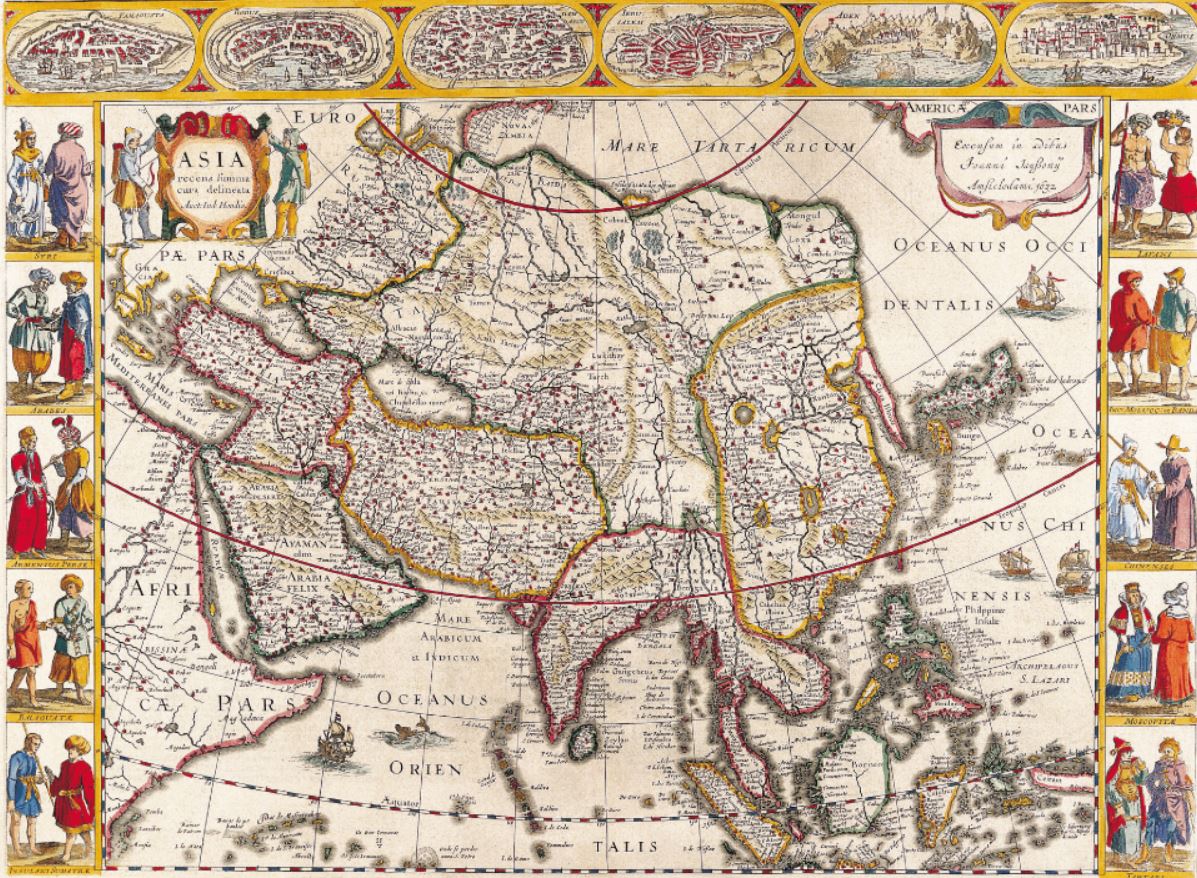On March 8, US President Donald Trump defied sage economic advice and followed his political gut by signing tariffs on imported steel (25%) and aluminum (10%). Anyone who has taken Economics 101 knows the refrain ‘trade makes everyone better off,’ but the case against these tariffs is more than just economic. The United States constructed a global trading network whose benefits go beyond jobs and cheaper consumer products. Open market ideals helped propel the United States to the top of the global security order as well, and picking trade skirmishes will help accelerate its fall, much to the delight of international competitors.
The chief competitor, China, has been noticeably quiet in the global uproar over these tariffs. This is because it has no reason to be active in response to the Trump administration’s sudden but unsurprising decision. Beijing does not need to play a calculated game to gain leverage over Washington; Washington is doing that to itself.
Yes, it is true that China is the world’s largest steel producer, but in terms of trade with the United States, it accounts for a fraction of steel imports due to the United States’ strict anti-dumping measures. The Trump administration justified these actions under the faulty guise of national security concerns, but the places most affected by these tariffs are countries that do not pose any security threat to the United States, and some are even allied countries. Therefore, in an attempt to blast Beijing economically, the United States has missed the target. However, the shots have ricocheted and hit US strategic partners in other Asian and European countries.
The Trump administration is counting on friendly nations to deal in economic and security affairs separately. This is a risky gamble. Trump cries foul on European trade practices on one hand then expects those countries to support his hardline security stances on the other, like scrapping the Iran deal or supporting pro Israel measures. European leaders have been especially indignant and responded by preparing tariffs of their own.
And then there is South Korea. A target since his early campaign days, South Korea was hit by washing machine and solar panel tariffs in January and is now preparing to confront the US trade representatives in upcoming negotiations over the Korea/US FTA. In terms of Asian security partners, none is more valuable than South Korea, the only nation that was able to achieve dialogue with Kim Jong Un despite cosigning on US-led sanctions against North Korea and amped up military drills all throughout 2017.
Countries that feel they are viewed as economic enemies in the eyes of the United States may begin to doubt its security commitments as well. Again, this is where China comes into the picture. Its Belt and Road Initiative has been picking up steam across the developing and developed world, and while the United States has been trying to shut its doors, China is slowly opening its own to more foreign investment.
After initially stating vehemently that there would be no exceptions from the tariffs, Trump now said he would be very flexible, allowing to exemptions to Canada, Mexico and Australia. Even so, friendly countries aren’t taking chances. Eleven countries, including Australia, Japan and Vietnam have revived the Trans-Pacific Partnership in the the Comprehensive and Progressive Agreement for Trans-Pacific Partnership (CPTPP) and are determined to continue global trade with or without the United States
These tariff measures reflect two constant themes from the Trump White House: domestically, the failure to invest in long term solutions for American blue collar workers whose jobs were displaced by globalization, but more so by technology, and the glorious lack of understanding of how the greatest beneficiary of the complex and open global trading network the United States built and managed since WWII is the United States itself. After his initial announcement of the tariffs last week, Trump infamously tweeted “Trade wars are good, and easy to win” to which Jean Claude Juncker, President of the European Commission, aptly replied with the words “We also have to be this stupid” as he announced tariffs against US products. The trade war shots have been fired. We will see which “stupid” finds it easiest to win.
- Kansas City: World War I’s Final Resting Place in America - November 9, 2018
- Moon Jae-in’s Elusive Peace - September 7, 2018
- Japan’s Diplomatic Vanishing Act - June 8, 2018






1 Comment
pasaport
7 years agoMost other countries have EXTREMELY HEAVY taxes duties or tariffs on good brought into their countries. The U.S. has become a dumping ground for cheaply produced steel and many other products from China and other low cost for production countries while our steel mills sit idle and skilled workers collect unemployment or run out of unemployment. In 2007 the tariff rates for Belgium, France, Germany, Italy and the U.K were at 5.2% while the U.S. was 3.5%, most others have grown substantially (many are now at 13% to 28% in 2018) while ours have been pretty much stagnant. Add duty fees and others charges and it is easy to see why the tariffs Trump is talking about are so badly needed. Like most other past practices, allowing others to send ANYTHING to the U.S. cheaply has done much more damage to the nation and it”s job/production standards. Time to level the playing field and stop the dumping process ! Competition is good, tariffs ON !
Comments are closed.